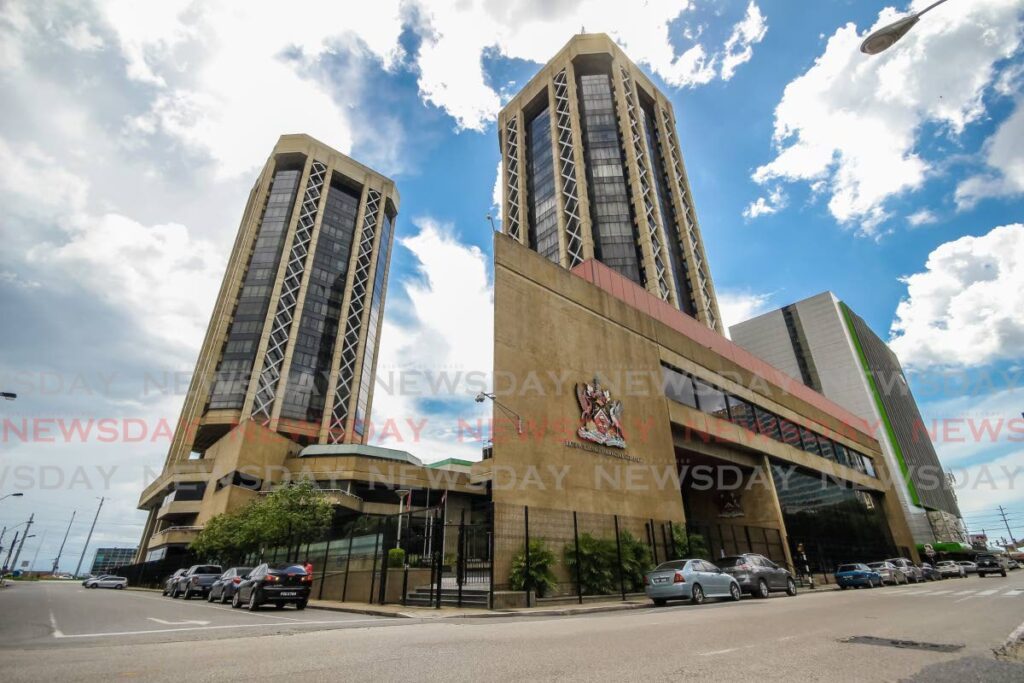Central Bank's mysterious monetary policy

THE EDITOR: The Central Bank, on Friday July 19, reduced the cash reserve requirement imposed on commercial banks from 14 per cent to ten per cent. I found the announcement perplexing.
First, it came just a few weeks after its previous monetary policy announcement on June 28. In that release, the bank stated that: “Financial sector liquidity remained ample during the second quarter of 2024, in the face of an increase in domestic financing by the Government. Commercial banks’ excess reserves at the Central Bank averaged $4.2 billion in the first half of June 2024, marginally lower than in May 2024 ($4.3 billion).”
In its release on July 19, the bank justified the reduction in the reserve requirement by citing the fact that system liquidity (excess reserves) in the first two weeks of July had averaged $2.77 billion, compared to $3.91 billion in June.
The decline in the first two weeks of July compared to June was about 29 per cent.
But it is strange that the Central Bank would act based on such a short period of data. In fact, looking at the excess reserves data, in January 2024, average excess reserves were about $3 billion and that prompted no alarm. Its release of June 28 noted there was some "skewness" in liquidity among banks, leading to activation of the inter-bank market.
The published data on inter-bank borrowing goes up to April, but in December 2023, inter-bank borrowing reached $1.26 billion, but again that did not prompt any alarm.
It may be that the bank thinks the decline in excess reserves is permanent.
But if it thinks so, what data has led it to that conclusion? System liquidity is affected significantly by foreign-exchange outflows. However, when the data on foreign exchange sales to the public are examined up to the end of June, that data does not disclose any surge or acceleration in outflows.
In fact because of government’s external borrowing (US$750 million in mid-June), net foreign exchange reserves jumped at the end of June. Nor did the bank inject more than its usual US$100 million into the system in June.
The other factor which can affect system liquidity is a significant increase in short-term borrowing by government.
Normally, this would be done by issuance of treasury bills or treasury notes. But the available data discloses no increase in the treasury bill issue outstanding nor an increase in the discount rate on treasury bills.
Alternatively, certain banks may have lent to government, causing their liquidity to decline sharply and driving them to access the inter-bank market. This might be the "skewness" referred to by the Central Bank in its June 28 release.
One might think if system liquidity was declining, commercial banks would take the rational business decision and increase interest rates on deposits to attract deposits into the system.
But interest rates have not moved at all, neither on deposits nor on loans.
What compounds my perplexity is that the reduction in the reserve requirement by four percentage points releases almost $4 billion from the cash reserves!
This marks a significant relaxation in monetary policy, which is likely, other things being equal, to expand credit and increase the demand for foreign exchange when our foreign-exchange reserves are already under stress, and given the outlook for natural gas and petrochemicals exports, will remain stressed for the foreseeable future.
The explanation for this significant change in the stance of monetary policy provided in the bank’s media release does not add up. Central banks usually do not act whimsically on the basis of a few weeks of data.
Moreover, the idea of moving toward the use of open-market operations is illusory. There must be more in the mortar than the pestle. My fear is that monetary policy has been relaxed significantly merely to accommodate increased government borrowing. I may be wrong, but I have no doubt we will soon find out.
TERRENCE FARRELL
Former deputy governor,
Central Bank

Comments
"Central Bank’s mysterious monetary policy"